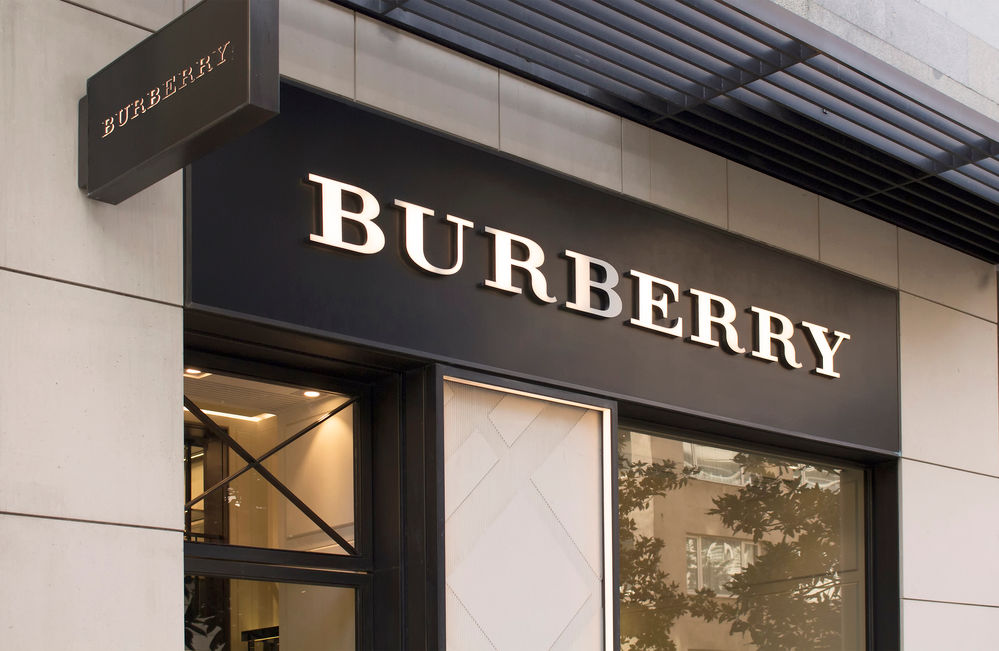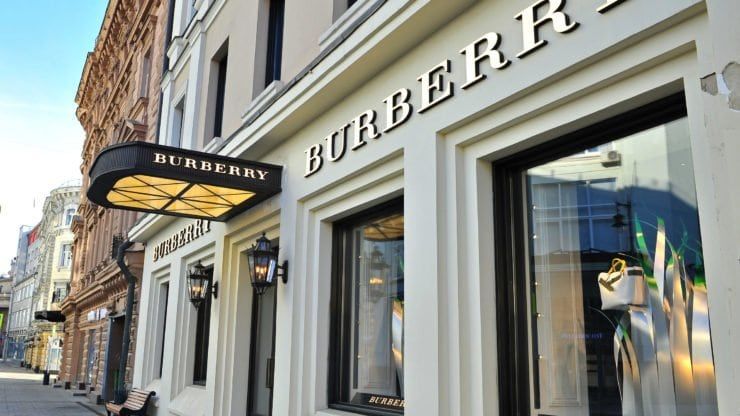Burberry falls from FTSE 100 index amid sales slump and leadership changes

British luxury fashion house Burberry Group has been relegated from the prestigious FTSE 100 index, marking a significant blow for the 168-year-old retailer.
The exit follows a challenging period marked by declining sales and a series of leadership changes.
Burberry will move to the FTSE 250 during the index’s quarterly rebalancing, with changes effective from September 23.
The brand’s relegation from the UK’s large-cap index ends a 15-year run, highlighting the mounting pressures it faces in a rapidly shifting luxury market.
Burberry’s market capitalization has plunged to £2.34 billion ($3.06 billion), a stark contrast to its former stature.
As a result, funds tied to the FTSE 100 will divest their Burberry holdings, further impacting the brand’s stock.
High-end brand image struggle
Burberry’s struggles extend beyond its recent share price declines, which have dropped over 53% this year alone.
Once a symbol of British luxury, Burberry has faced difficulties maintaining its high-end image in recent decades.
The brand’s iconic trench coats and check patterns became increasingly associated with the British working class in the 1990s and 2000s, diluting its upscale appeal.
Efforts by successive CEOs to reposition Burberry as a luxury powerhouse have met with mixed results.
High turnover in leadership—four CEOs in the past decade—has only added to the uncertainty.
The appointment of Joshua Schulman as CEO in July marks a potential turning point for the brand.
Schulman, formerly of Coach and Michael Kors, is expected to shift Burberry’s strategy toward a more accessible luxury model.
“We have advocated a ‘British Coach’ strategy. The appointment of Josh Schulman, a former CEO of MK and Coach, seems to go in this very direction,” said Luca Solca, managing director at Bernstein, as reported by CNBC.
The move could involve cost reductions, increased outlet presence, and greater exposure to off-price retailers.
Burberry’s financial woes are evident, with the company reporting a 21% drop in first-quarter comparable store sales in July.
This decline led to its third profit warning in a year and the suspension of dividend payments.
Analysts warn that further share price declines could occur without a substantial reset, making Burberry a potential takeover target.
Luxury sector downturn adds to Burberry’s woes
Burberry’s challenges are emblematic of broader issues facing the luxury sector.
A slowdown in consumer spending, driven by inflation and economic uncertainty, has hit the industry hard.
The luxury market in China, a critical growth engine, has seen a marked deceleration, exacerbating the situation for brands like Burberry.
In July, Hugo Boss lowered its full-year guidance following a drop in sales in key markets, including China.
Similarly, Gucci’s parent company, Kering, issued a weak forecast as first-half revenue took a hit.
Even industry leader LVMH reported a decline in second-quarter revenue, particularly in Asia.
Despite these challenges, some ultra-luxury brands have managed to weather the storm.
Cartier owner Richemont reported record sales, and Hermes saw a 13% increase in second-quarter sales, underscoring the resilience of the very top tier of the market.
Cole Smead, CEO of Smead Capital Management and a Burberry investor, sees opportunity amid the turmoil.
He suggests that Schulman’s strategy could steer Burberry back on course.
“The old saying is if you’re going to get behind, get behind early. Burberry got behind early, and we believe they will deal with their real problems sooner than the other luxury players,” Smead said in the CNBC report.
Leadership changes on the horizon
As Burberry gears up for its next phase under Schulman’s leadership, more changes could be on the way.
The brand is reportedly working with headhunters to replace its chairman, Gerry Murphy.
Smead hinted that Schulman could potentially take on both the CEO and chairman roles, allowing for a quicker implementation of his strategy—a move more common in US firms than in the UK.
Burberry’s half-year financial results, due on November 14, will provide further insights into the company’s trajectory.
While Smead believes Burberry could eventually return to the FTSE 100, he doubts that the company’s leadership will reinstate large dividends, given past issues with financial foresight.
For now, Burberry faces the dual challenge of navigating a turbulent luxury market while attempting to regain its footing as a leading global brand.
The post Burberry falls from FTSE 100 index amid sales slump and leadership changes appeared first on Invezz



